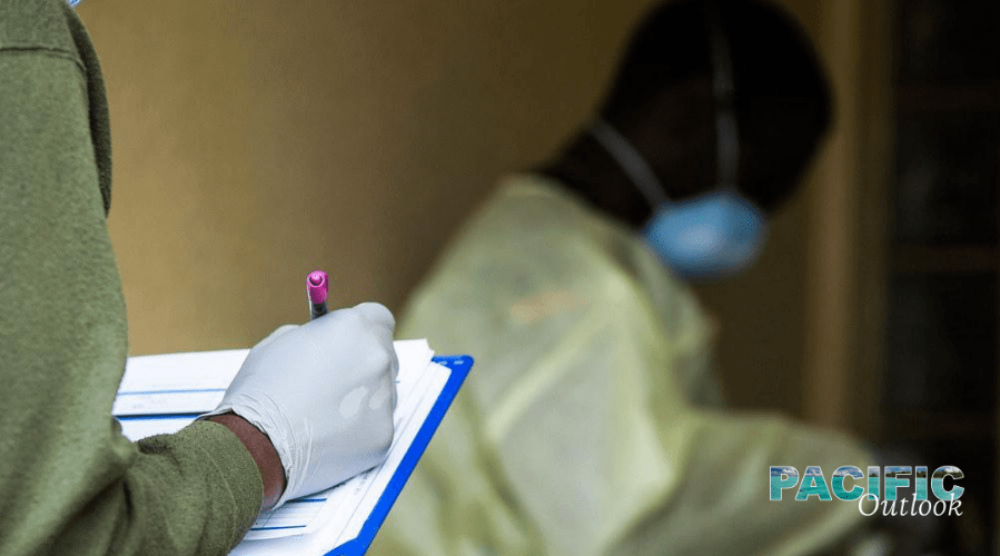Rising cases in Papua New Guinea, French Polynesia, and Guam raise fears of uncontrolled coronavirus outbreaks across Pacific.
Surging COVID-19 cases in Guam are threatening to overwhelm the island’s healthcare system, while rapidly spreading infections across Papua New Guinea and new clusters in French Polynesia following the resumption of tourism have sparked fears of uncontrolled outbreaks in the Pacific.
The Pacific region is still the least-infected in the world – several countries remain COVID-19 free – but there are troubling surges across countries with fragile health systems ill-equipped for large numbers of infections.
Emerging too, is an early trend of ‘vaccine diplomacy’, with regional powers seeking to exert political influence through promises to help Pacific nations – otherwise likely at the back of the queue – secure access to a vaccine when one becomes available.
The US secretary of defense Mark Esper, made a flying visit across the Pacific this week, condemning China’s “malign activities” in the region, and seeking to buttress American influence.
But Esper’s rapid Pacific visit has also exposed the serious risk of inbound travel after a member of his advance team to the US unincorporated territory of Guam tested positive for COVID-19.
Guam has now recorded 1,287 infections, and 10 deaths, with scores of infections traced back to US military personnel serving on the island, as deployments continued throughout the pandemic.
The aircraft carrier USS Theodore Roosevelt docked in Guam in March, unloading sailors in the midst of a mass outbreak of COVID-19 on board. The 1,156 infections from the ship are not counted in Guam’s domestic total, but Guam officials have publicly detailed nearly 200 military cases on the island, including 35 airmen who went to local restaurants, raising concerns about military personnel as vectors for the virus.
Please click here to read the full “‘We are in dire straits’: Pacific stands on COVID brink amid surging infections” article published at Guardian, written by Griffith Asia Institute, Adjunct Researcher, Tess Newton Cain and Bernadette Carreon.








